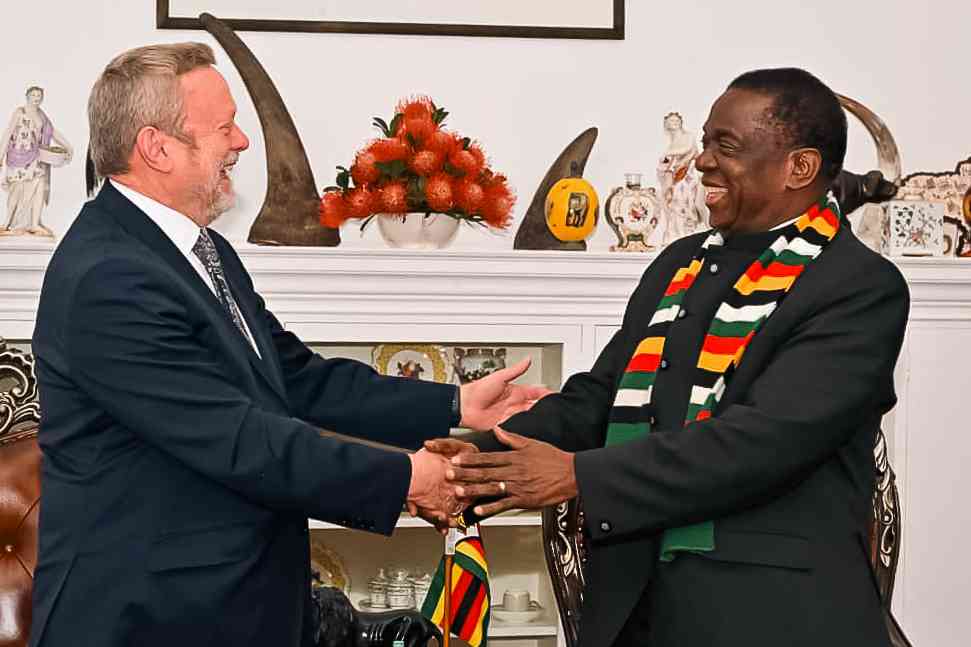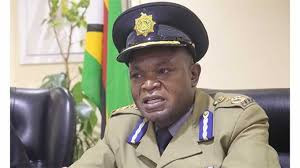
United Kingdom Minister for Africa Lord Collins of Highbury last week applauded Zimbabwe's efforts to be readmitted to the Commonwealth, but reminded the southern Africa country of some housekeeping issues that need to be undertaken.
The President Emmerson Mnangagwa administration has been pushing for Zimbabwe’s readmission to the club dominated by former British colonies as part of the “friend to all and enemy to none” drive. This has seen the country undertake reforms, such as the abolition of the death penalty, to meet certain benchmarks.
Zimbabwe pulled out of the Commonwealth in 2003 after the bloc had extended the suspension of the country in the aftermath of disputed elections, a year earlier.
Lord Collins, who was in the country last week for King Charles III’s birthday celebrations in Harare, underscored the key role of civil society.
“I think one of the most important ingredients of a healthy democracy is a vibrant civil society, so I have raised with the government my concerns over the legislation that has been introduced, over those concerns,” he said.
“I think we are living in a geopolitical world where many of the rights that we have taken for granted are being seen to be rolled back, particularly on health and women's rights, and part of the exchanges I had with His Excellency is about the role of civil society.”
In April, Zimbabwe enacted the Private Voluntary Organisations (PVO) Amendment Bill to govern the operations of PVOs amid fears that those who have been critical of government will struggle to obtain registration.
The law has created consternation, especially in the structured dialogue process meant to drive the country’s arrears and debt resolution process as it seeks to normalise relations with multilateral and bilateral creditors.
- Mr President, you missed the opportunity to be the veritable voice of conscience
- ED to commission new-look border post
- Zanu PF ready for congress
- EU slams Zim over delayed reforms
Keep Reading
The registration deadline for PVOs is July 11.
That Lord Collins met Mnangagwa and relayed the message was key. Had the message been relayed via bureaucrats, it would have been edited to project a rosy picture.
Lord Collins' emphasis on the rule of law and the importance of civil society dovetails with what others have said before.
European Union ambassador to Zimbabwe Jobst von Kirchmann last month told delegates attending the Zimbabwe arrears clearance and debt resolution process meeting that stakeholders had hoped that Mnangagwa would not sign the Bill into law.
“Unfortunately, that was done, and in our bushwalk, I think we walked a couple of kilometres back, but now we have to look forward. That's why I said we have to look into where we would like to go, reaching arrears clearance and debt resolution,” he said.
Zimbabwe needs to belong to a community, which has been the rallying cry of the second republic.
However, those communities have rules or benchmarks that must be adhered to.
There is no harm in allowing civil society to do its work within the confines of the law, as it is a vital cog of democracy. There is also no harm in allowing the rule of law to flourish.
In an era where global powers are looking inwards, Zimbabwe needs to belong to a community where it can combine forces with allies to confront challenges.
Zimbabwe cannot go it alone.






